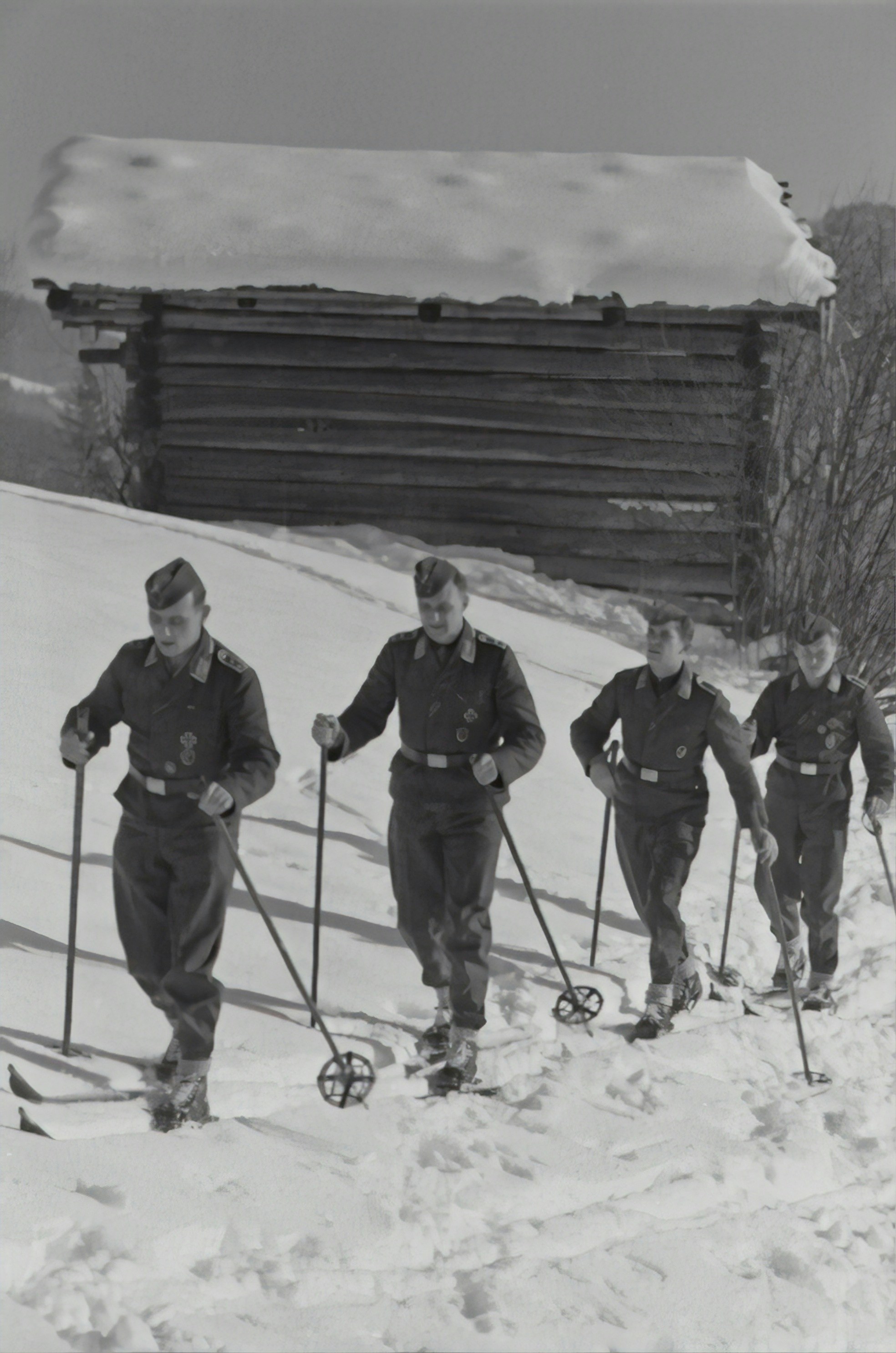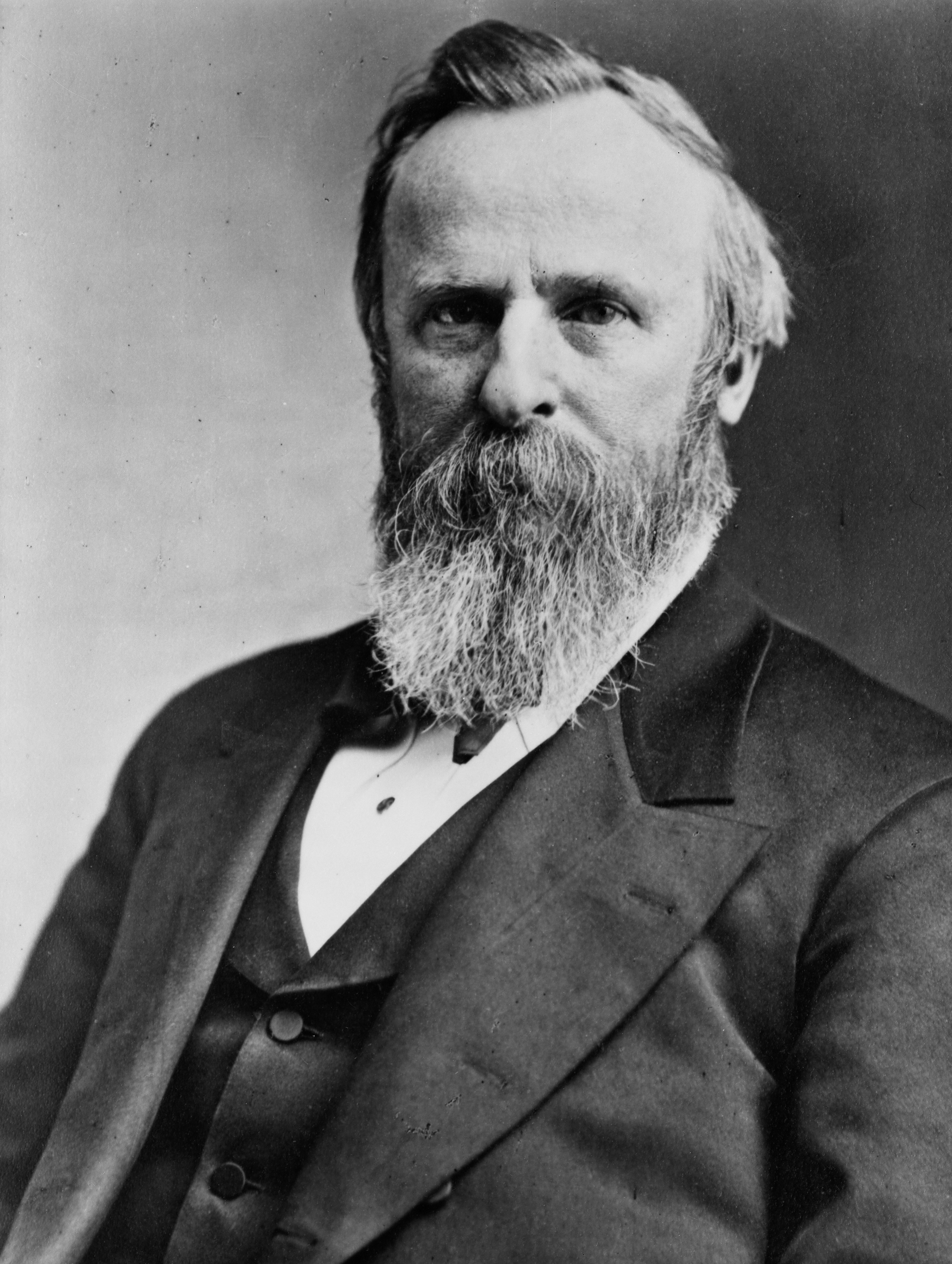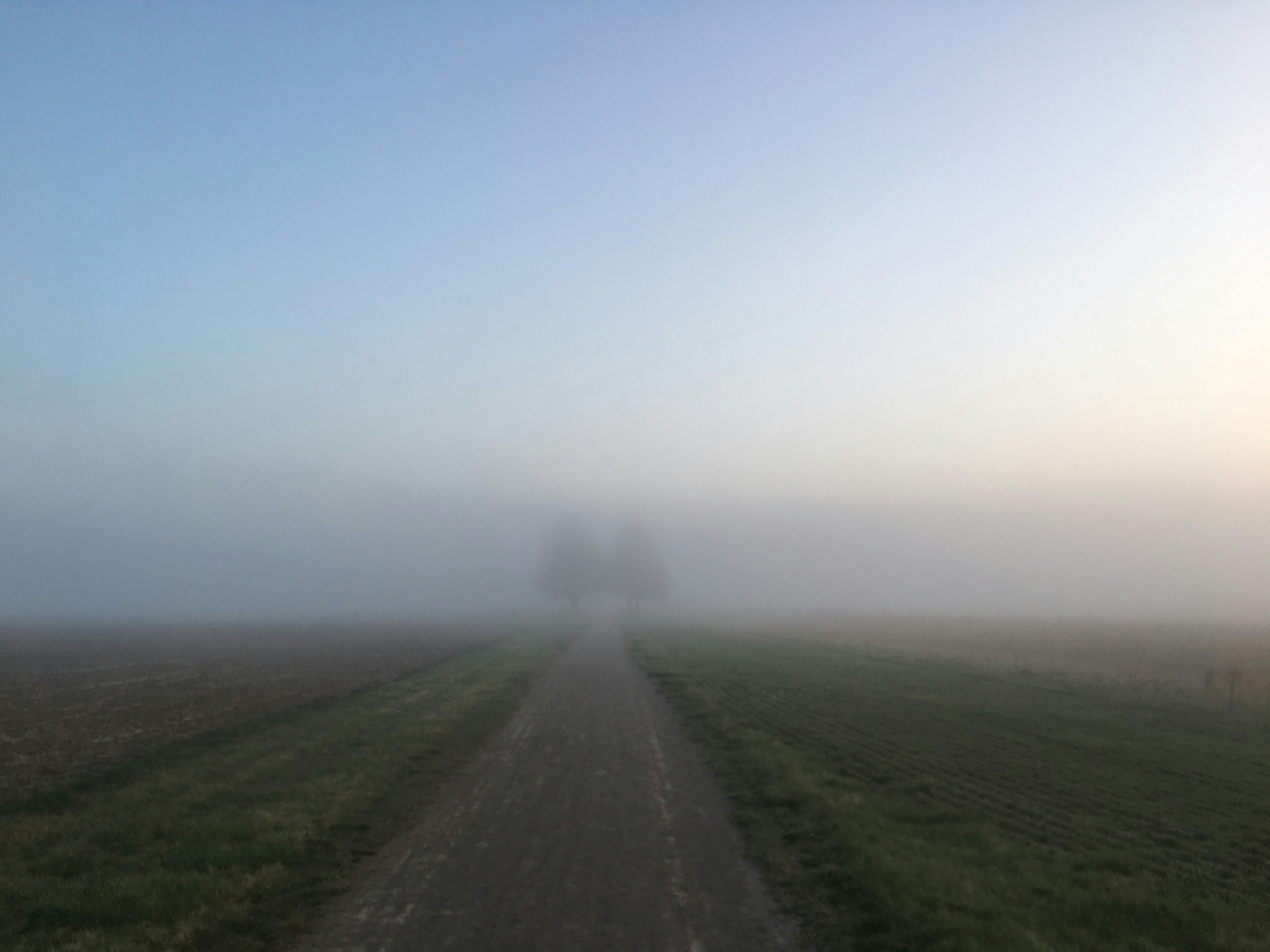Historical method in Research
by Charlie
Posted on 04-02-2021 05:59 PM

Comparative historical research is a method of social science that examines historical events in order to create explanations that are valid beyond a particular time and place, either by direct comparison to other events, theory building, or reference to the present day. Generally, it involves comparisons of social processes across times and places. It overlaps with historical sociology. While the disciplines of history and sociology have always been connected, they have connected in different ways at different times. This form of research may use any of several theoretical orientations. It is distinguished by the types of questions it asks, not the theoretical framework it employs.

Historical method is the collection of techniques and guidelines that historians use to research and write histories of the past. Secondary sources , primary sources and material evidence such as that derived from archaeology may all be drawn on, and the historian's skill lies in identifying these sources, evaluating their relative authority, and combining their testimony appropriately in order to construct an accurate and reliable picture of past events and environments.
Previous attempts to address these questions have been limited by a reliance on verbal arguments ( 15 , 18 , 19 ), comparisons involving a small number of polities ( 20 , 21 ), noncomprehensive data samples ( 3 , 22 ), or nonsystematic methods of data coding and purely descriptive analyses ( 6 , 23 ⇓ – 25 ). To advance beyond purely theoretical debates and comparisons based on limited samples, we have built a massive repository of systematically collected, structured historical and archaeological data known as “seshat: global history databank†( 26 ) ( materials and methods ). In collecting data, we used a targeted, stratified sampling technique that aims to maximize the variation in forms of social organization captured from as wide a geographic range as possible [thus minimizing pseudoreplication of data points ( 27 )]. Specifically, we divided the world into 10 regions and in each, selected three locations or “natural geographic areas†(ngas), representing early, intermediate, and late appearance of politically centralized societies ( fig. 1 ). The construction of this databank has been accomplished in collaboration with a large number of historical and archaeological experts. Our goal is to capture the state of the art knowledge about past societies, including where information is uncertain or there are disagreements between researchers ( materials and methods ). The online version of the databank ( seshatdatabank. Info/ ) illustrates how entries in the databank are supported by explanations of coding choices and references ( si appendix, si methods ).
historic or historical ?
In a nutshell, historiography is the history of history.

For more than two centuries critics of hamlet were in agreement that hamlet is morally obligated to take revenge on claudius. It is only in our time that many historical quote mug quote historical mug historical famous coffee mug critics have asserted that elizabethans would not have readily accepted the ghost's injunction as a command that hamlet must in all conscience obey and that we, if we are to be true to shakespeare, must respond in the same manner. It is rare that there has been so sharp a reversal of general critical opinion.
What are the intellectual tasks that define the historian’s work? in a sense, this question is best answered on the basis of a careful reading of some good historians. But it will be useful to offer several simple answers to this foundational question as a sort of conceptual map of the nature of historical knowing.
Identify the author or source of the historical document or narrative compare and contrast differing sets of ideas, values, personalities, behaviors, and institutions by identifying likenesses and differences. Differentiate between historical facts and historical interpretations but acknowledge that the two are related; that the facts the historian reports are selected and reflect therefore the historian’s judgment of what is most significant about the past.
Throughout your academic career, you'll be asked to write papers in which you compare and contrast two things: two texts, two theories, two historical figures, two scientific processes, and so on. "classic" compare-and-contrast papers, in which you weight a and b equally, may be about two similar things that have crucial differences (two pesticides with different effects on the environment) or two similar things that have crucial differences, yet turn out to have surprising commonalities (two politicians with vastly different world views who voice unexpectedly similar perspectives on sexual harassment).
When using sources for evidence, you need to be able to demonstrate your knowledge of them by identifying their historical background. To do this, you need to analyse your sources.
Britannica english: translation of historical for arabic speakers comments on.
First Known Use of historical
Most of our historical data series can be purchased with a credit card at our online store. Our forecast data can be purchased through a subscription by contacting us.

© copyright irving hexham 1992, 1999 as an academic discipline history emerged in the late nineteenth century, although great historians have reoccurred in western civilization since the early greeks. The abramic religions are essentially historical and encourage the study of history because they believe god has revealed himself in time. By contrast history is essentially disregarded.
Find historical weather by searching for a city, zip code, or airport code. Include a date for which you would like to see weather history. You can select a range of dates in the results on the next page.
a formalist and historical-biographical literary analysis on ernest j. Gaines “the sky is gray†submitted to: dr. Mark anthony moyano submitted by: jackie lou o. Tomas bsed 3-3 i. Summary james was an 8 year old child, who was teaching his mother to become a breadwinner of the family because his father was left. The story begins, james and his mother, octavia waiting a bus that will carry them to bayonne, a place in the city where the dentist can be found. The weather is cold;.
Of, pertaining to, treating, or characteristic of history or past events: historical records; historical research. Based on or reconstructed from an event, custom, style, etc. , in the past:a historical reenactment of the battle of gettysburg. Having once existed or lived in the real world, as opposed to being part of legend or fiction or as distinguished from religious belief: to doubt that a historical camelot ever existed; a theologian's study of the historical jesus.
Download sample of this strategic report:- https://www. Kennethresearch. Com/sample-request-10151458 the other gains linked to the use of gps tracker devices comprise of decreased labor cost, improved customer service, management of field personnel activity and removal of employee fraud. The features of gps tracking devices such as geofencing, reporting, automated alerts, real-time updates, and historical fleet data feed. The escalating use of gps tracking devices in transportation & logistics and government & defense among other industries is expected to motivate market expansion in the forecast period further.
What did you find out from this artifact that you might not learn anywhere else? what other documents or historical evidence are you going to use to help you understand the event or time in which this artifact was used? materials created by the national archives and records administration are in the public domain.
What's the difference between 'historic' and 'historical'?
From a historical point of view, mark, being the oldest of the gospels, is the most reliable, the reason for which is not merely that it is closer in point of time to the events that it records but that less interpretation concerns the meaning of these events than in the other gospels. The author of mark was a christian named john mark, a relatively obscure person so far as new testament records indicate. Believed to have been a relative of barnabas, who was one of the leaders of the church in antioch, mark accompanied paul and barnabas on one of their missionary journeys and was a companion of peter during the time when that disciple spent his last years in the city of rome.
Protocol trend reports show hourly trends in web, mail, ftp, and telnet traffic. Comparing the current trend with the historical trend, you can determine peak usage times for each protocol group. Working and non-working hour protocol trends help it identify top protocols used over time.
History of Economic Analysis
Political science, occasionally called politology, is a discipline of social science which deals with systems of governance , and the analysis of political activities, political thoughts, associated constitutions and political behavior. Political science is generally divided into distinct sub-disciplines, namely domestic politics and government , comparative politics (including area studies ), international relations , political theory , political economy , political methodology , public administration , public policy. Furthermore, political science is related to, and draws upon, the fields of economics , law , sociology , history , philosophy , human geography , journalism , political anthropology , and social policy.
Why Study History? (1998)
By peter n. Stearns people live in the present. They plan for and worry about the future. History, however, is the study of the past. Given all the demands that press in from living in the present and anticipating what is yet to come, why bother with what has been? given all the desirable and available branches of knowledge, why insist—as most american educational programs do—on a good bit of history? and why urge many students to study even more history than they are required to?.
Despite the attractiveness of event history data, they typically possess two characteristics that make conventional statistical methods highly unsuitable. Censoring is the most common problem. Suppose, for example, that the aim is to study the causes of divorce. The sample might consist of a number of couples who married in 1990 and who are followed for the next five years. For the couples who get divorced, the length of the marriage is the principal variable of interest. But a large fraction of the couples will not divorce during the five-year interval. Marriages that are still in progress when the study ends are said to be censored. The problem is to combine the data on timing with the data on occurrence in a statistically consistent fashion. Ad hoc methods, such as excluding the censored cases or assigning the maximum length of time observed, can lead to substantial biases or loss of precision.
What You'll Learn with a History Degree
Kids taught inconsistent civil rights history 06:58 as part of a two-month-long investigation into how black history is taught in the u. S. , cbs news took a look at the social studies standards in all 50 states and the district of columbia. The analysis uncovered problematic lessons, varying interpretations of history and recommendations for what students should learn.
(new york: harper, 1963): 9. Whoa, herodotus, the father of history dude, is that you? what is up? yes, it's me bibledudes. Great to be here, and at my age, it's great to be anywhere. Anway, here is my story. It was like 440 bce in athens, and i was thinking about how the world would benefit from knowing more about those awful persians who invaded greece some 40 years earlier. So i collected stories and a fair bit of gossip from all over the world and invented a new literary genre that recorded past events so that people in the future might learn from these stories. I named this genre and my book historia, a greek word that means "knowledge from inquiry. " so you see, bibledudes, that's why i am called the father of history, which reminds me of a story i once heard about scythian girls and their magical pitch covered feathers used to collect gold from.
Field Historians Command Historians and Military History Detachments
Field historians command historians and military history detachments staff rides.
Search
Categories
- 2020
- Valentine's Day
- Priest
- Sunday
- St Patrick's Day
- Fat Tuesday
- Easter Day
- College
- College Graduation
- Wedding
- Teacher's Day
- Historical
- Graduate
- Gladiator
- Election
- December
- Black Lives Matter
- Anniversary
- Anti Trump
- 4th of July
- Activist
- Bridal Shower
- Housewarming
- Happy Quarantined
- Happy Father's Day
- Graduation
- Happy Earth Day
- Baby Shower
- Horse Racing
- Halloween Couple
- Graduation College
- Friday
- Father's Day
- Buffy Slay Day
- Birthday Number
- Award
- Wednesday Wisdom
- Valentine
- Tuesday
- National Oreo Day
- Happy Mother's Day
- Friday Eve
- Christmas
- Chinese Lunar
- Halloween
- Easter
- 4th July
- Mother's Day
- Bridesmaid
- Birthday